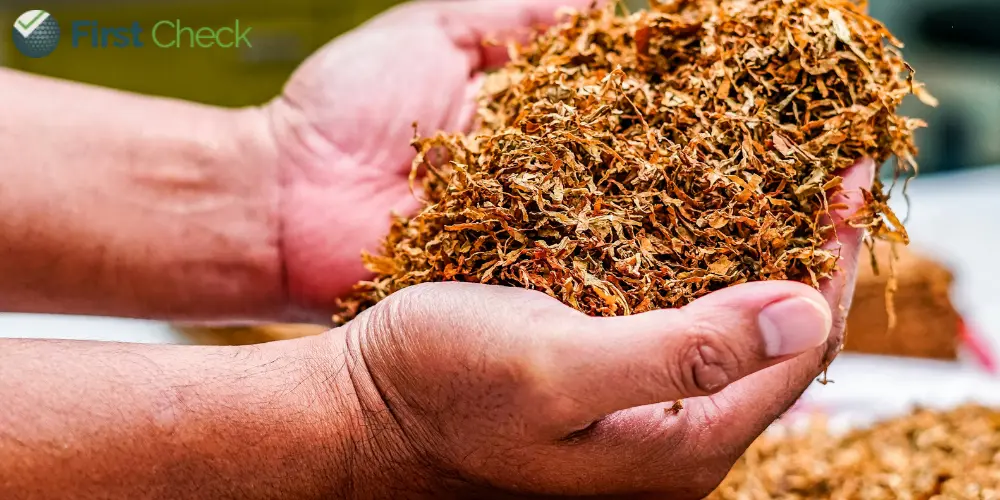FACT CHECK: Does manuka honey have anti-cancer properties?
Manuka honey is made from the nectar of flowers of Leptospermum Scoparium, colloquially called the Manuka bush in New Zealand
Author
Author
- admin / 1 year

- 0
- 3 min read

Author
CLAIM:
Manuka honey has anti-cancer properties.
FACT
Manuka honey has shown anti-cancer properties in animal studies and on laboratory-grown human cells. But the claim lacks evidence from clinical trials involving humans.
For some time, Manuka honey has been the focus of many anti-cancer discussions on social media.
This post on X.com, for instance, is all praises for Manuka honey, and touts its anti-cancer effect. It has garnered over 11,100 views and has been liked by about 200 users.
Owing to this popular discussion, Team First Check undertook an investigation of the current scientific literature on the subject to present its readers with the facts.
Millions of cancer patients succumb to the disease every year, and millions more develop the disease. In the pursuit to find a cure for cancer, there has been considerable interest in foods that could help prevent it. Such food is termed chemo-preventive. Among these food items, Manuka honey is being explored as a possible prevention-and-treatment option for some forms of cancer termed oestrogen-positive (ER+) cancers—cancers that grow due to presence of female hormone oestrogen. Breast cancer is the most commonly occurring oestrogen-positive cancer.
Manuka honey is made from the nectar of flowers of Leptospermum Scoparium, colloquially called the Manuka bush in New Zealand. Until recently, all anti-cancer benefits of consuming Manuka honey were based on local lore. However, these are now being verified in formal laboratory settings on lab grown human cell and animal models. Clinical trials to observe the effects of Manuka on actual humans, have not been done, yet.
Health scientists found Manuka honey to significantly reduce cancerous tumour growth and kill cancer cells in laboratory mice. It is believed that flavonoids present in Manuka possess anti-cancer properties. Flavonoids are plant chemicals that impart several health benefits. The use of Paclitaxel, a cancer drug, in combination with Manuka honey significantly reduced the spread of cancer, additionally, highlighting the role of Manuka in enhancing the existing cancer treatments, such as chemotherapy.
Overall, the use of Manuka honey looks promising in preventing cancer and as an adjunct therapy to cancer drugs, but the claim lacks evidence from clinical trials involving humans.









